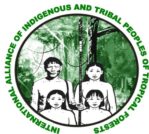The International Alliance
Together with other organizations we represent indigenous and tribal peoples living in tropical forest regions (Africa, the Asia-Pacific and the Americas
About Us
The International Alliance of Indigenous and Tribal Peoples of the Tropical Forests is a worldwide network of organizations representing indigenous and tribal peoples living in tropical forest regions (Africa, the Asia-Pacific and the Americas). The Alliance was founded in 1992 during an indigenous conference in Malaysia, where the Charter of the Alliance was adopted, and
Our Programs
Traditional Knowledge
Traditional Knowledge refers to the knowledge, innovations and practices of indigenous peoples. Developed from experience gained over the centuries and adapted to the local culture and environment, traditional knowledge is often transmitted orally from generation to generation. Indigenous peoples hold vast knowledge on how to avert global challenges such as climate change and biodiversity loss. Documenting indigenous knowledge in bio-cultural protocols is important in protecting traditional knowledge of indigenous peoples.
Forest and Biodiversity
Indigenous Peoples live on lands that make up around 20 per cent of the earth’s territory, containing 80 per cent of the world’s remaining biodiversity. Forests are the most diverse ecosystems on land, because they hold the vast majority of the world’s terrestrial species. Forests managed by indigenous peoples emit less carbon than those managed by other groups and this is one way of reducing deforestation and biodiversity loss.
Access to Indigenous Lands and territories.
International Alliance seeks to ensure that indigenous communities’ right to their lands and territories are respected. IPs have deep connections to their lands, territories and resources which are basic to their existence and existence itself. Advancing this collective right not only contributes to their well-being but also to the greater good, by tackling problems such as climate change and the loss of biodiversity. We continue to champion for the recognition of indigenous territories in Africa, Asia-Pacific and the Americas.
Fatima Ahmed and Gideon Ole Sanago representing us in a side event which we Co-Hosted at COP29 Baku together with GNDR and Nadam Foundation


COP 28 Messages from our side event
“Even though our population is less compared to other groups, we manage to conserve 80% of the world’s remaining biodiversity.”
“Youth participation in climate negotiation process is very crucial. There’s need to have an effective platforms where Youth can contribute to climate discussions”
Youth are agents of change and failure to involve them is being unjust to the society
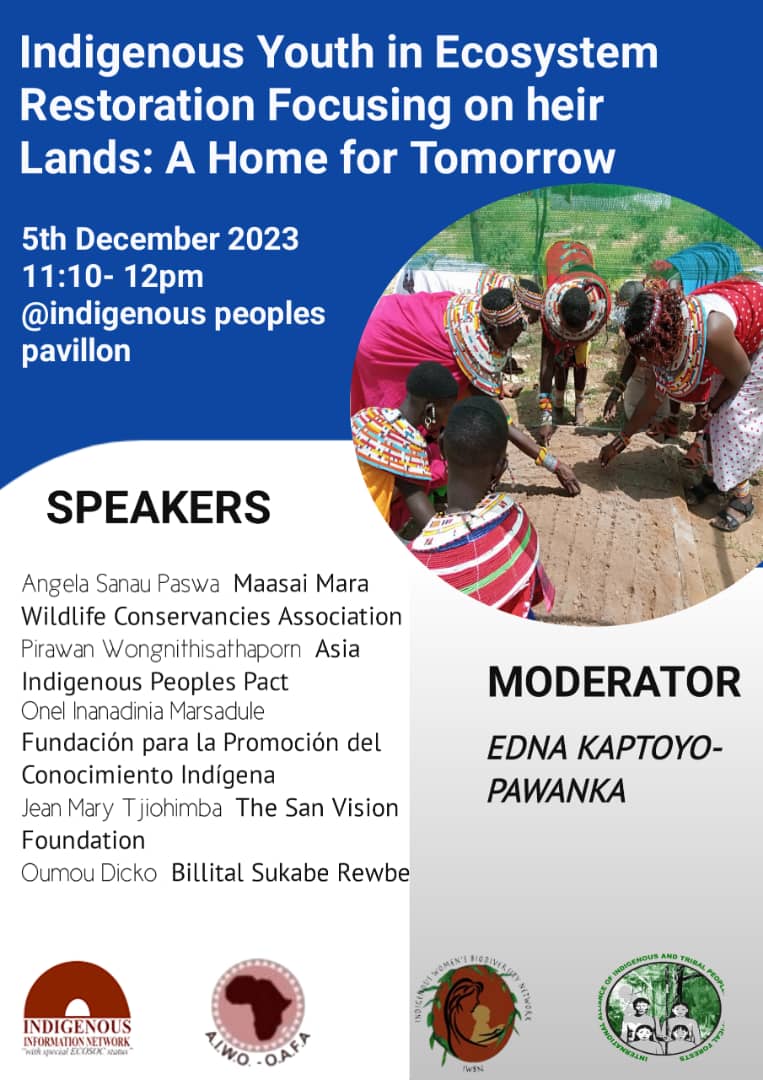
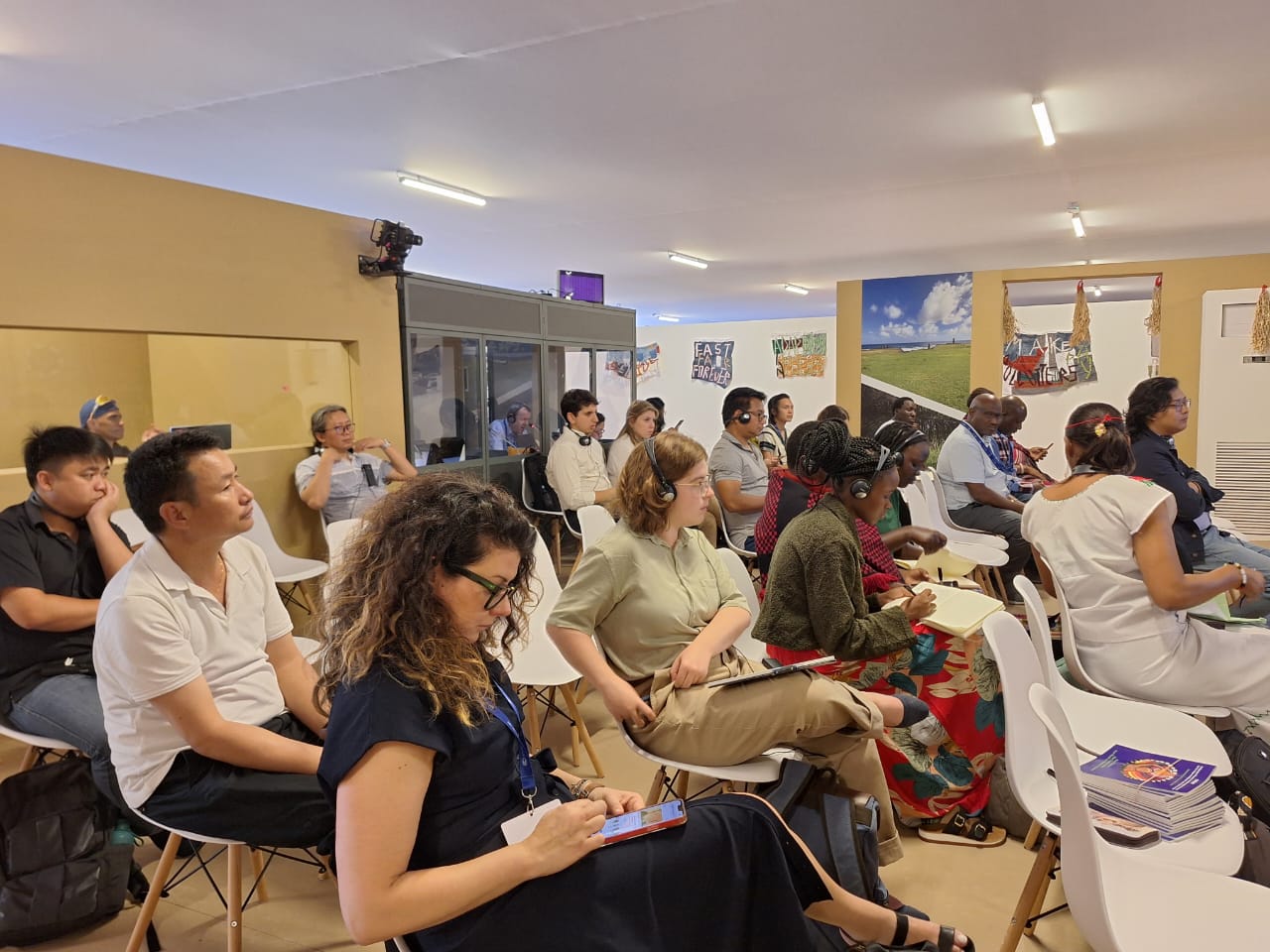
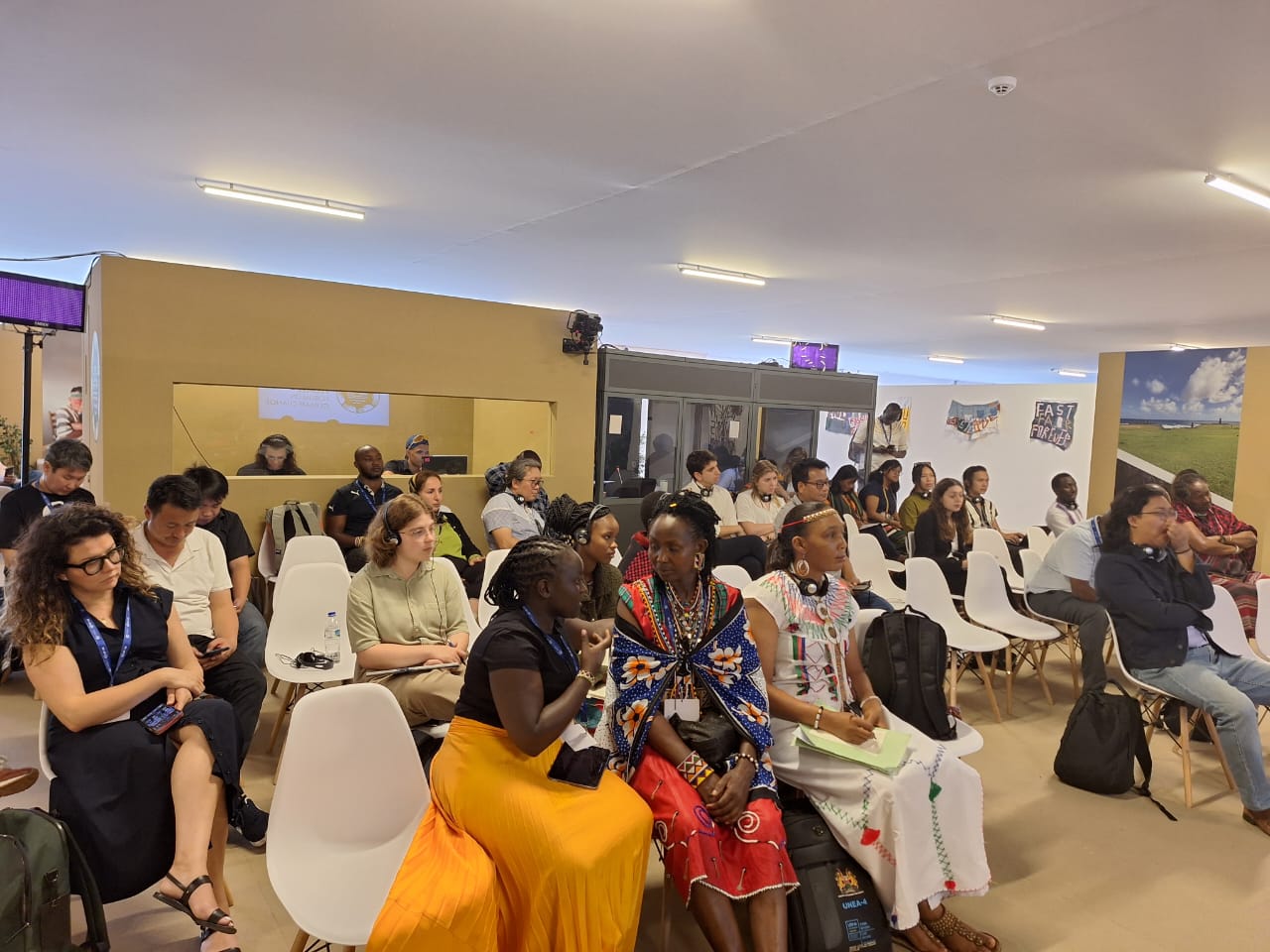
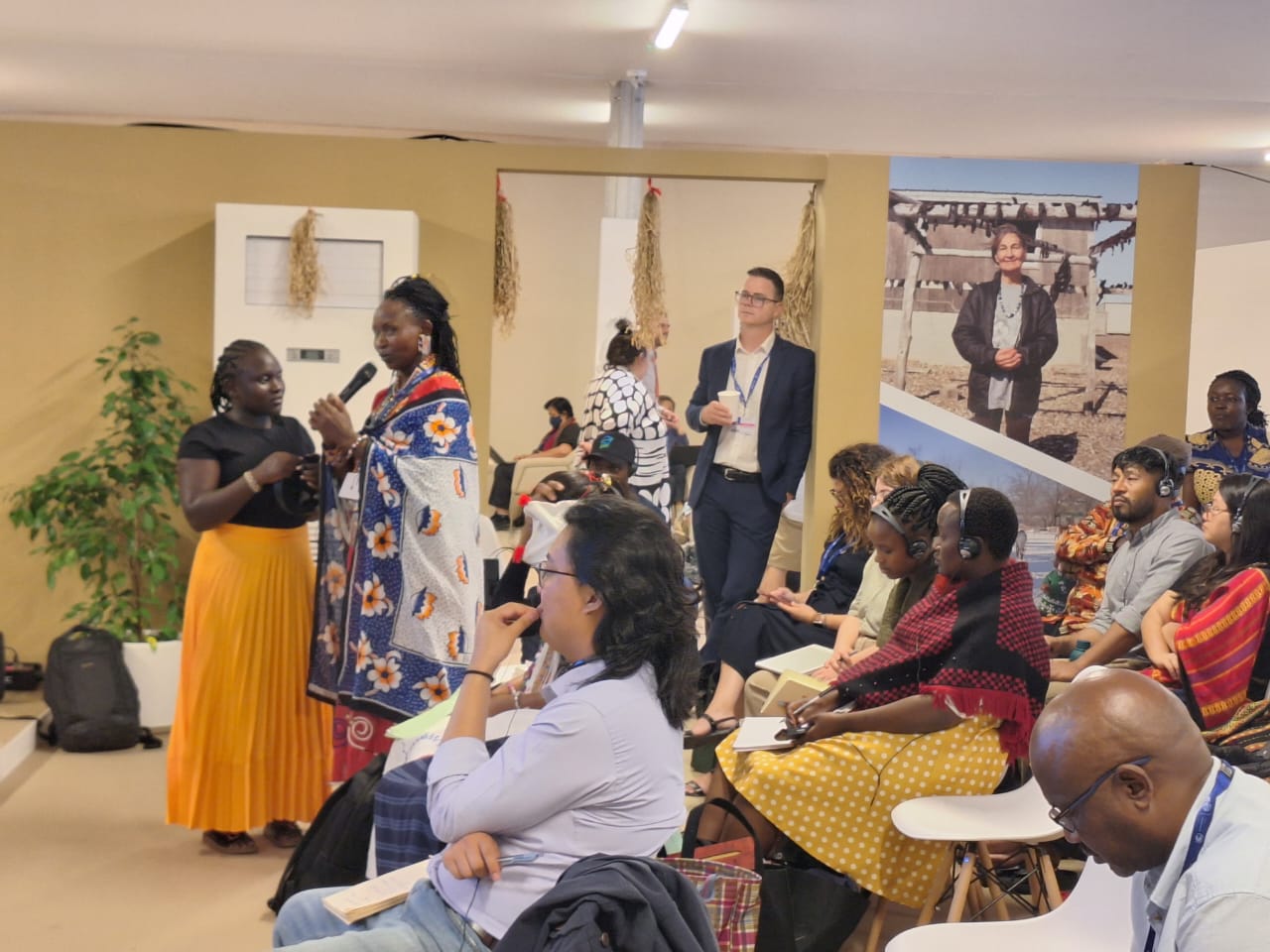
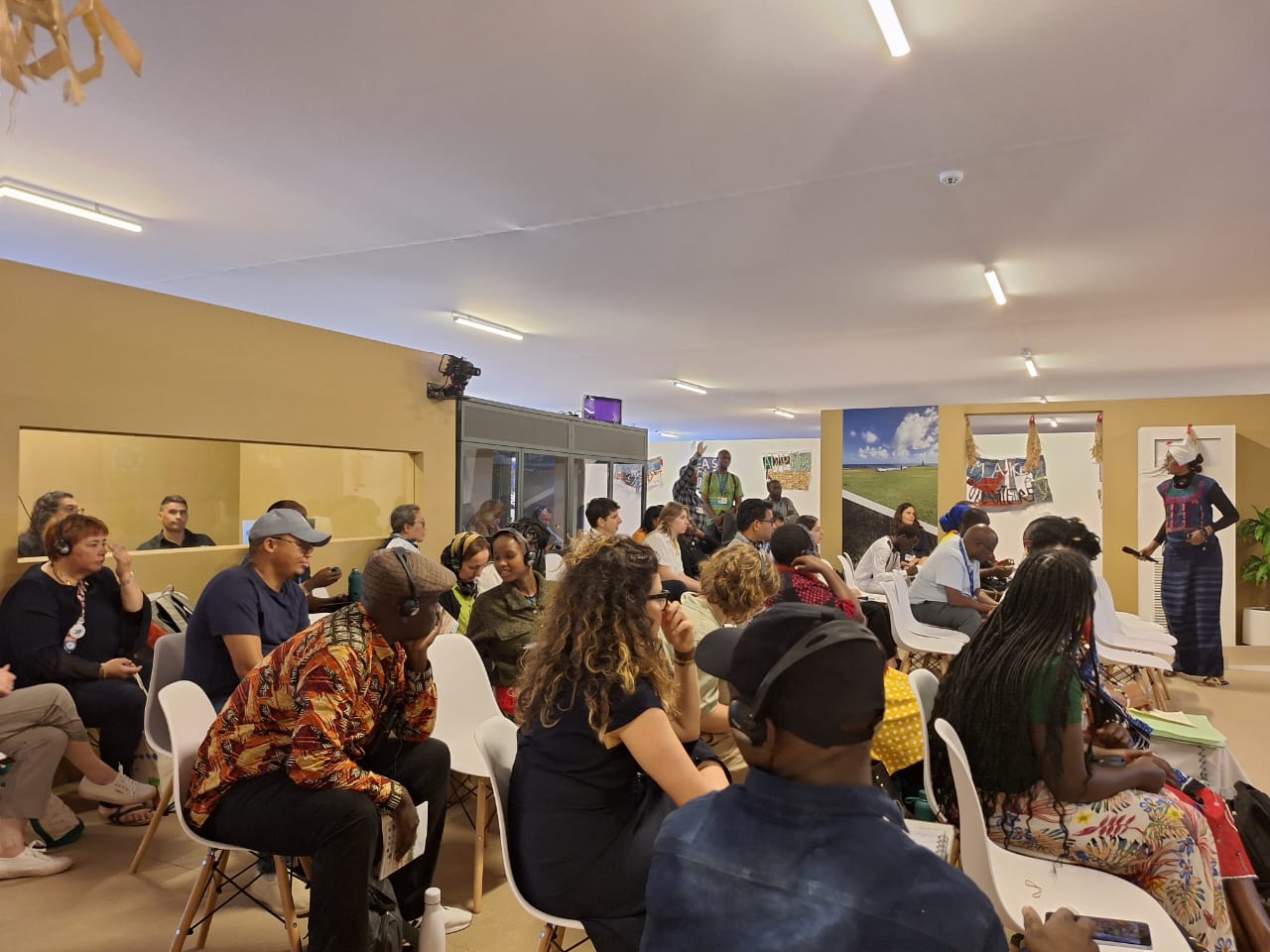
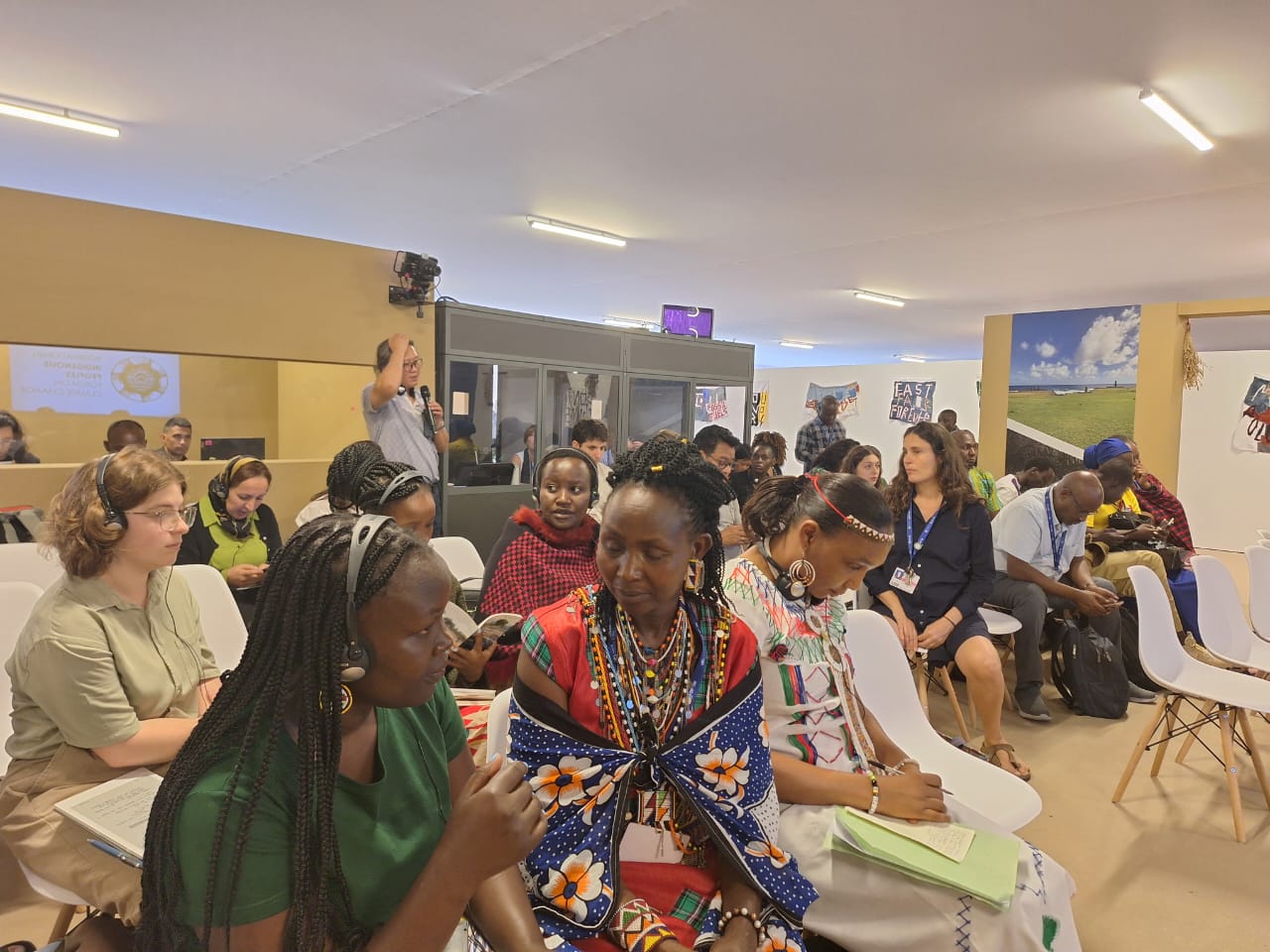
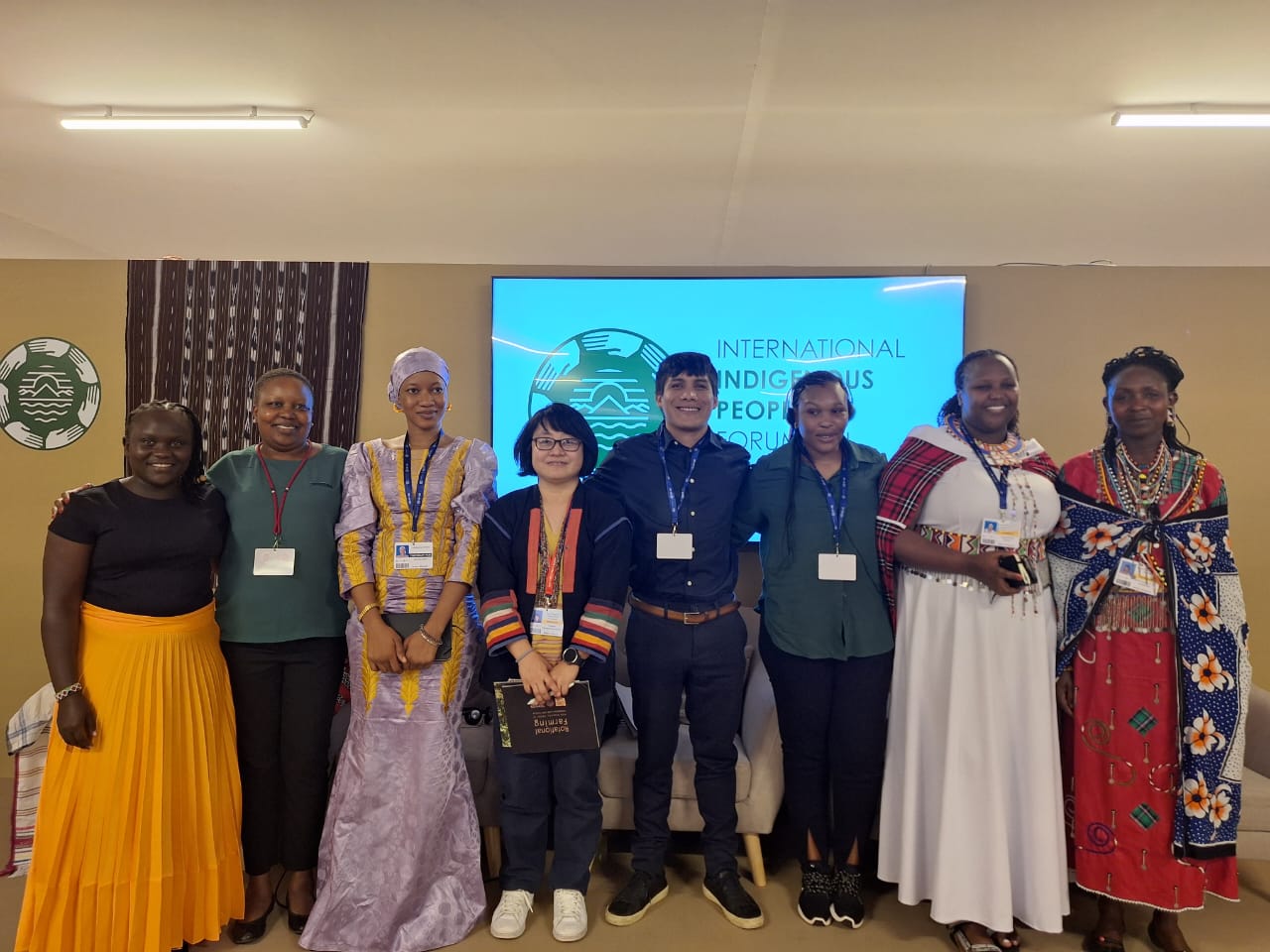
COP 27
We had a successful side event at #COP27 .If we want to preserve biodiversity and slow down climate change, we must involve indigenous peoples in decision-making and make sure their rights are upheld.The key message is :Indigenous Peoples have the Indigenous Knowledge to conserve and predict the weather patterns, this knowledge is what the communities have been using for years Our traditional languages are key to preserving and transmitting traditional knowledge.Community exchanges within our countries and with other countries to promote intergenerational transfer of knowledge.The impacts of climate change is not only in one side, everything that has life is affected.
.If we want to preserve biodiversity and slow down climate change, we must involve indigenous peoples in decision-making and make sure their rights are upheld.The key message is :Indigenous Peoples have the Indigenous Knowledge to conserve and predict the weather patterns, this knowledge is what the communities have been using for years Our traditional languages are key to preserving and transmitting traditional knowledge.Community exchanges within our countries and with other countries to promote intergenerational transfer of knowledge.The impacts of climate change is not only in one side, everything that has life is affected.
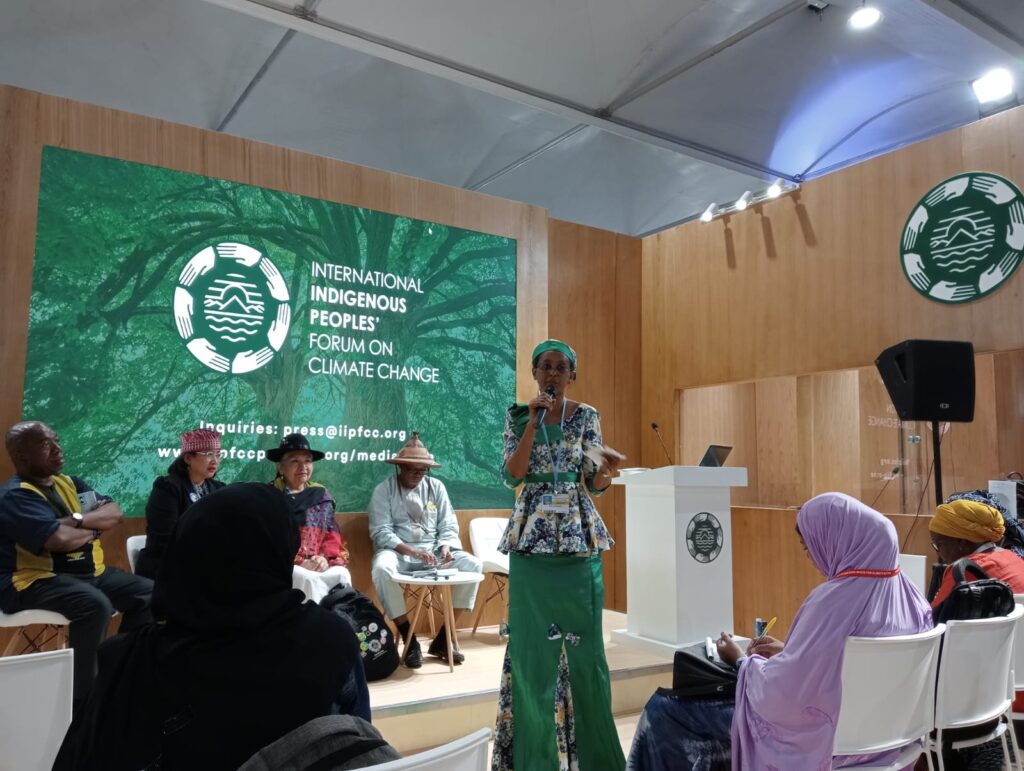
World Biodiversity Day 2021
Indigenous peoples takes and initiative of providing a solution to protect biodiversity
